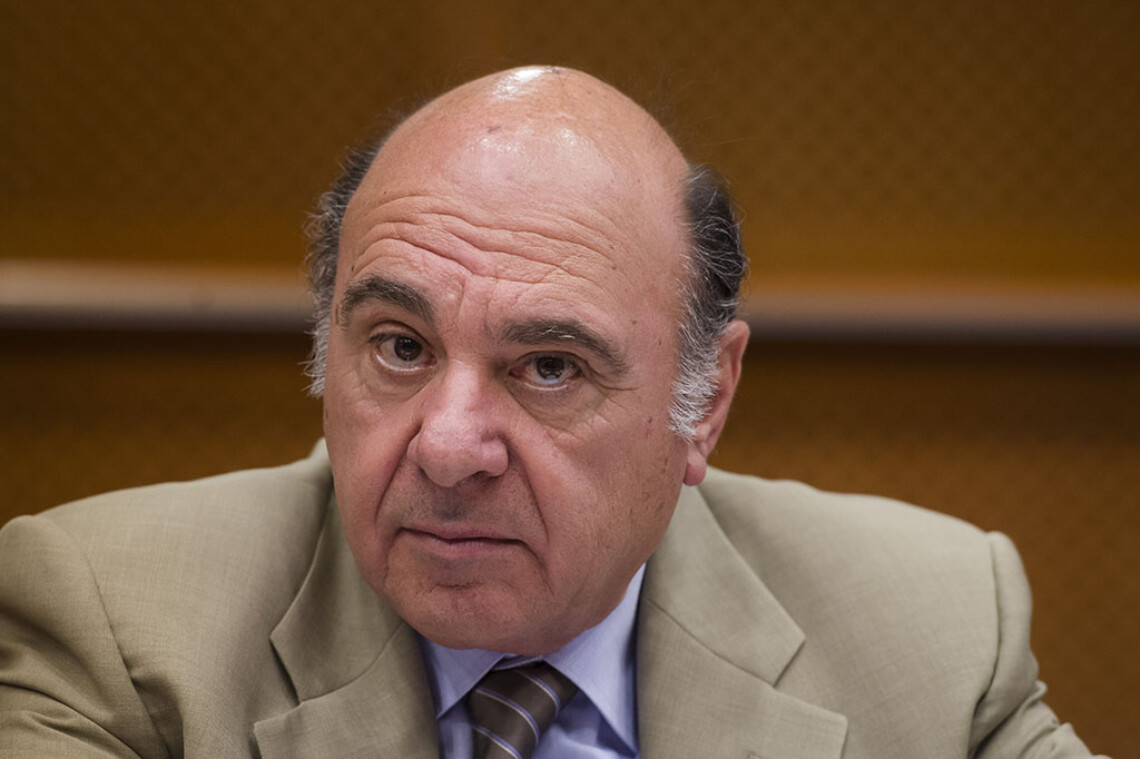- La vie après le cancer
- Témoignages
- Umberto Tassini
Umberto Tassini
I am passionate about prevention and early diagnosis programmes to avoid future consequences.

Just after my retirement in September 2003, I woke up with a very hoarse throat. It happened so suddenly that I thought a simple solution was to start over the counter remedies. However, because my symptoms lasted for a couple of weeks, I went to see an ear, nose and throat specialist.
I fainted as soon as I was diagnosed with a Larynx cancer.
I underwent a total laryngectomy surgery and the following histological analysis said “SCC cancer” type. It is well known that this kind of cancer is the most common type of throat cancer due to smoking, but what surprised me most was that I had given up smoking 25 years earlier. This means that the damages caused by my smoking were always ready to rise up because they never disappear. Luckily the cancer was at its early stage so I didn’t have to experience any chemo or radiation treatment.
Nobody told me exactly what to expect after surgery, such as communicating or future quality of life. However, during my hospitalisation I felt protected in some way, but problems rose up after I was discharged as my day-to-day life became completely different. All my friends and family were supportive until my surgery, but I lost my voice and I suffered for the few months for not being able to speak. I was desperate due to the lack of relationships and I thought that my quality of life was going to be a disaster.
Thanks to help from Associazione Italiana Laringectomizzati, a laryngectomy patient advocacy organisation, I have learned an alternative way of speaking. I am now able to communicate easily and have regained my quality of life.
After my cancer experience, I decided to spend part of my time helping other H&N cancer patients. I supply them, and their family members, with psychological support and useful information to help them face this hard sickness until they feel they are reintegrated into society and have reached an adequate quality of life.
Moreover, I also underwent a master’s course to become a qualified Alaryngeal Speech Instructor for teaching resuming communications methods. Additionally, I am now writing some popular work on H&N cancer with suggestions on how to overcome the treatment and its subsequent consequences. Eventually, I would like to survey the quality of life of the individuals having undergone a H&N cancer diagnosis according to current, so called, organ preserving treatment. I am passionate about prevention and early diagnosis programmes to avoid future consequences.














